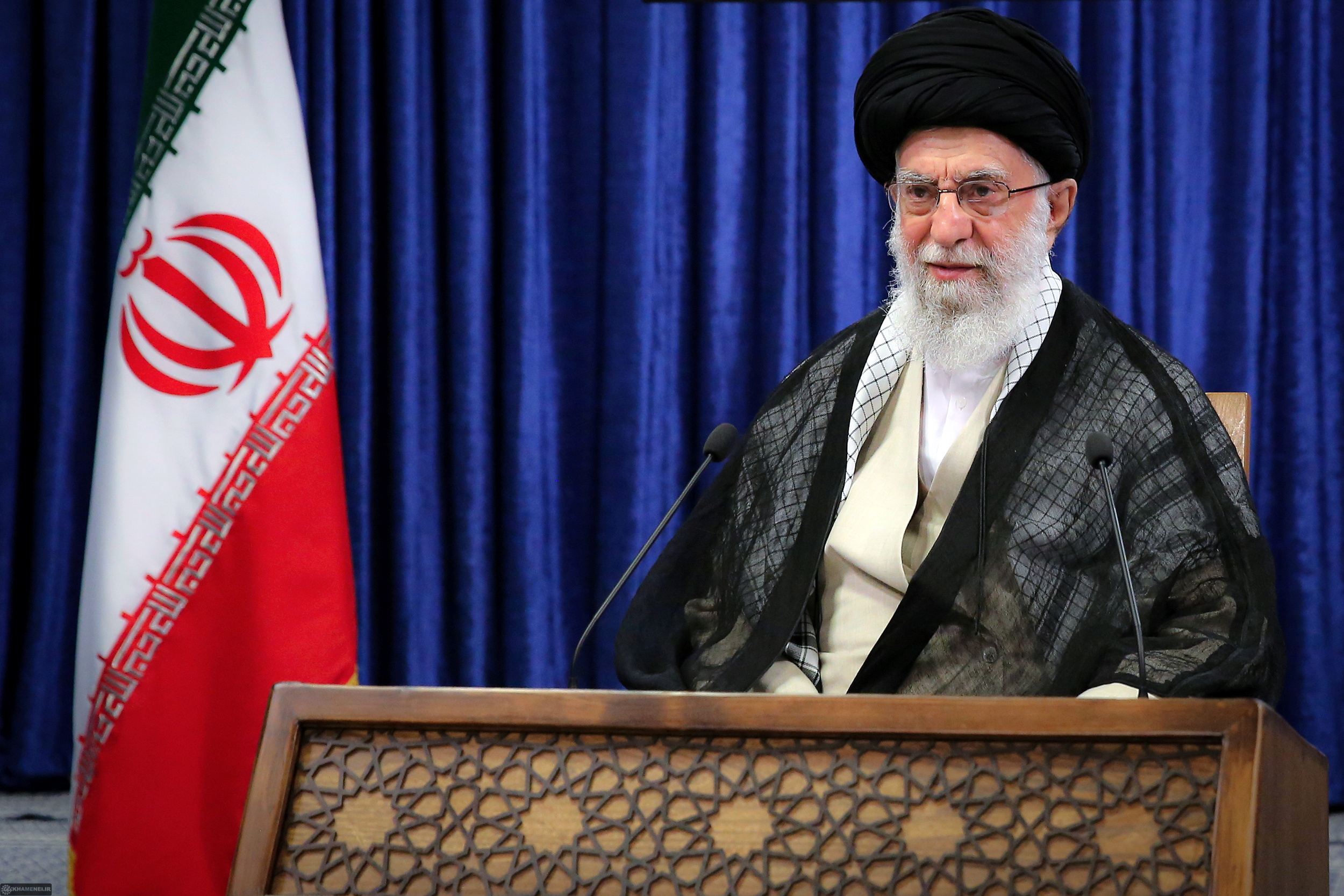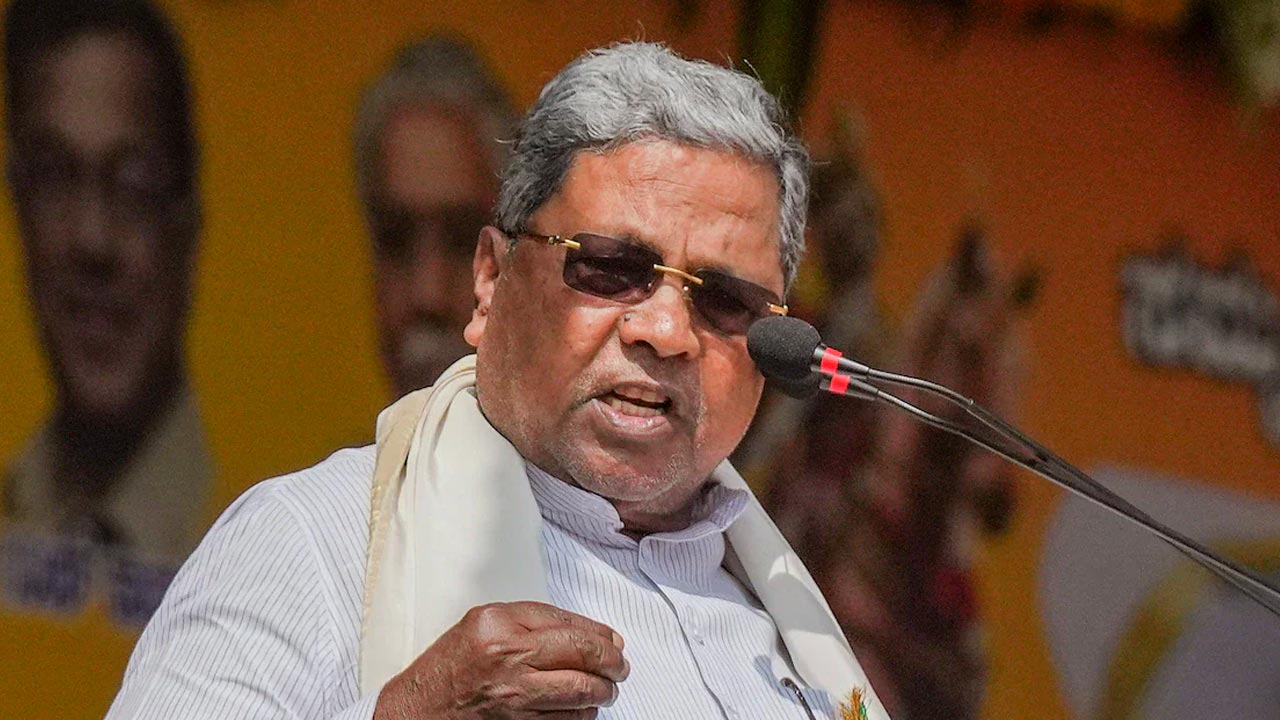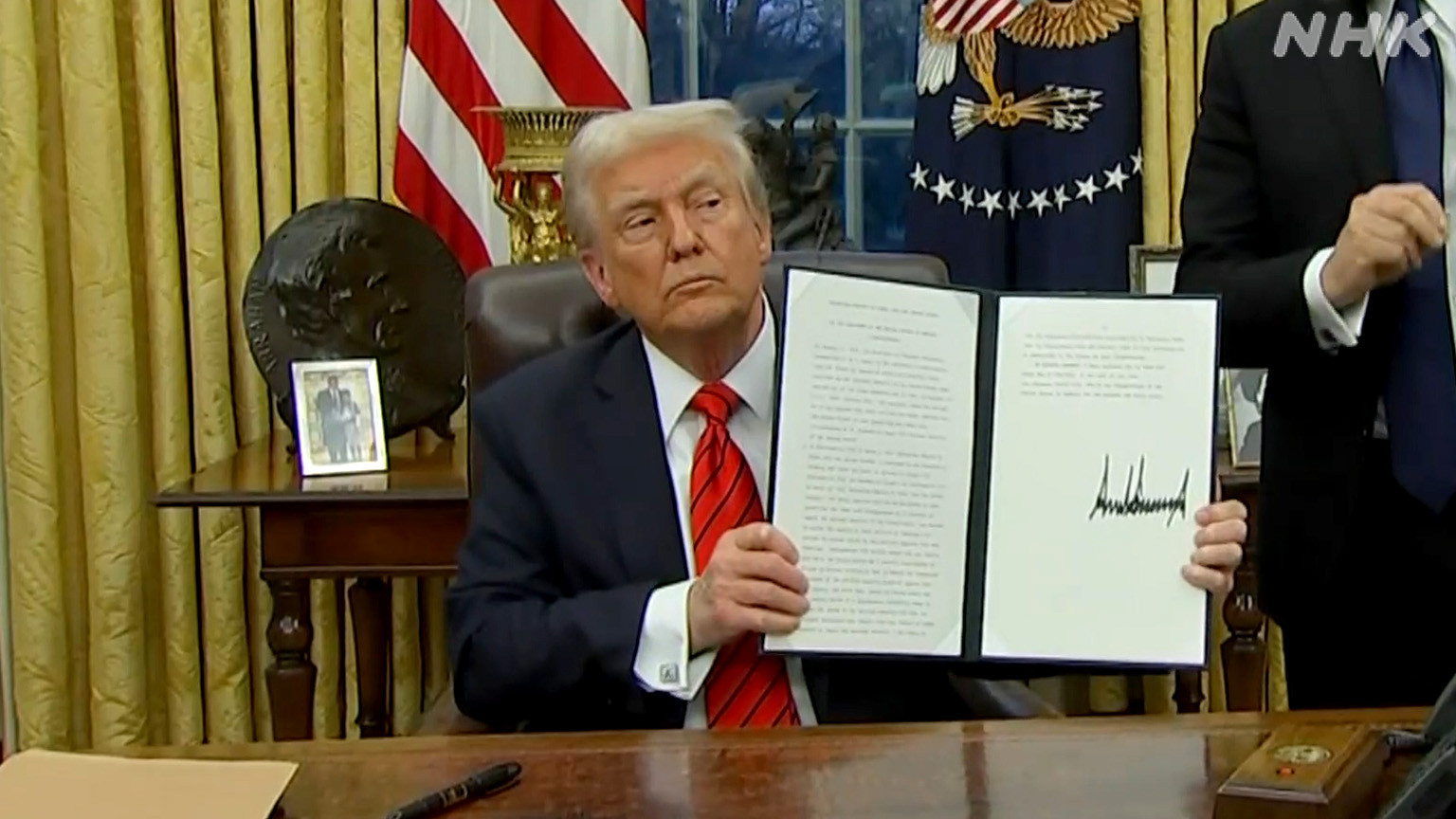The U.S. presidential elections have always been a good example of excellence and superiority. It has developed the entire environment excellent and smooth. The elections rely a great deal on homespun and China made confetti with the stature of the American President being, “the most powerful and significant personage” in the entire realm of the international ecosystem. Rhetoric, verbiage and stand-up comedy tracks run amok in the homeland to attract the denizens of the land along with propelling the candidates for a larger-than-life political and diplomatic serenade.
Recently, the eye of the storm is being caught by the name of Steve Bannon, who was the master strategist of the Candidate Trump’s electoral campaign, who recruited the United Kingdom-based Consultancy Cambridge Analytica with the connivance of a few Cambridge University denizens. Thus, the Facebook data of personal nature from thousands of FB pages was roped in as a grand and matrix- like strategy by Cambridge Analytica in order to shore up the electoral fortunes and the mathematics of the Donald Trump’s election campaign trail. The leak by one of the employees of the UK-based firm bears uncanny resemblance to the Snowden exposes of the WikiLeaks a few years back. Also, in the name of sustaining the security and steadfast health of the American society and polity, personal norms of privacy have been breached where personal posts and uploads have been utilised clandestinely and the resultant hoopla has belittled the corporate ethics of the UK-based firm, along with casting bad light on Steve Bannon and President Donald Trump. The Washington Post reported that the reach and the influence of the Cambridge Analytica went beyond influencing the US Elections.
The questions and posers related to ethics in journalism and media coverage, neutrality, transparency and objectivity have once again raised their uncomfortable heads with the “Aiyarri- espionage” carried out by ordinary mainstream data guzzling firm to influence the larger political process of a superpower nation. The reputed British SCL Group founded the Cambridge Analytica in order to work on American politics. The website of the company includes offices in Malaysia and Brazil along with those in the United States and Britain, and also beyond the American territory. The era and aura of globalisation and convergence, particularly the flip side of the coin, comes to the fore as an assiduous affront to the steadfast territoriality and sovereignty of nations such as China and United Sates of America. Recently, in his televised address to the Chinese nation on the occasion of the CPC summit, Chinese President Xi Jinping warned the national population that the integrity and the internal functionality of a nation and its population depends fervently upon the concern of its territoriality remaining intact in a world system marred by the seething ideas of globalisation and convergence. Even, the Indian political class is expressing its nervousness about the utilisation of Cambridge Analytica to snoop over the other political outfits in the fray and frame a perspective to shore up their political fortunes and mar the prospects of the antagonist. This episode also brings up the tenets of corporate responsibility and the question as to how far global establishments play with the homeland themes even in a nation as overbearing and paramount as the United States of America. In a news piece broadcast all over the world, the CEO of Cambridge Analytica took the credit for shoring up the fortunes of the Candidate Donald Trump’s election campaign. Thus, it amounts to an allegation that Baudrillard’s “Simulacra” plays a handsome hand in the making and marring the prospects in nations as self-sufficient and chink-free as United States of America. The UK-based daily Guardian reported that the officials of Cambridge Analytica literally boasted about winning the elections for Donald Trump.
Data protection is a clichéd business and nomenclature in the US, which has does not have a singular legislation unlike in places such as the European Union. The right to privacy at the federal level includes:
“The right to be free from search and seizure by the Government.”
“The right to have one’s communications free from interception.”
“The right to keep one’s personal information private.”
Still, what is explicitly stated in the American law is that these rights are not absolute and un-amendable by their nature and function. The American Government can intercept and utilise related data for the purposes of national wellbeing and homeland security, which is the same sentiment reflected in the Homeland Security Act. And, going by the gung ho drive of the Trump campaign, it was a national emergency that emergency measures had to be implemented; what was amplified during the campaign is further executed during President Trump’s Presidency.
The Federal Trade Commission in the United States, too, has a word about the juxtaposed coupling of privacy and security. The Gramm Leich Billy Act contends that concern about privacy and security, “The Gramm-Leach-Bliley Act requires financial institutions — companies that offer consumers financial products or services like loans, financial or investment advice, or insurance — to explain their information-sharing practices to their customers and to safeguard sensitive data.” Thus, it is part of the corporate liability that information of private individuals ought to be confidential and should not be subjected to sneak peek even by the American establishment. Still, when the American homeland is in a quandary, the corporate should have no qualms about the dictum that, “With great power comes great responsibility”.
There is an inherent antagonism in the perspectives between an agency such as Federal Trade Commission (FTC) and the American Government which has to be broodingly amalgamated. The language goes that, “The FTC now considers information that can reasonably be used to contact or distinguish a person, including IP addresses and device identifiers, as personal data. However, a few US federal or state privacy laws define “personal information” as including information that on its own does not actually identify a person. The bottleneck can be that by now, the American nation and the attendant political system does not possess a data protection authority such as the one on media, which is the FCC, the Federal Communication Commission. Do we also say that, trolling also is data? It is definitely a true statement if these are posted on the social media.
(The writer teaches International Relations at Indian Institute of Public Administration, Delhi)
Writer: Manan Dwivedi
Courtesy: The Pioneer








 OpinionExpress.In
OpinionExpress.In















Comments (0)